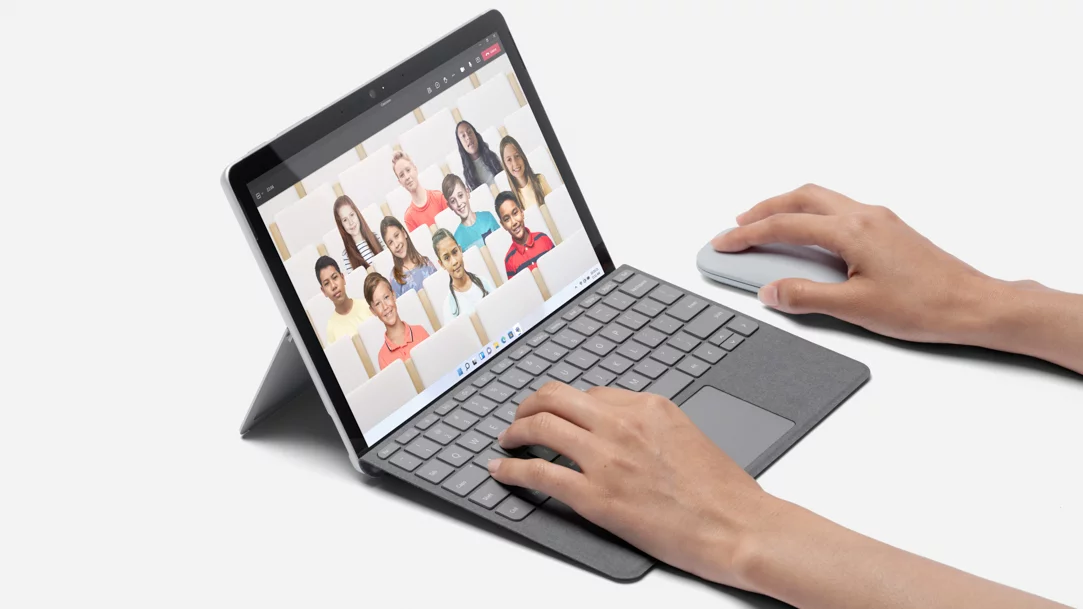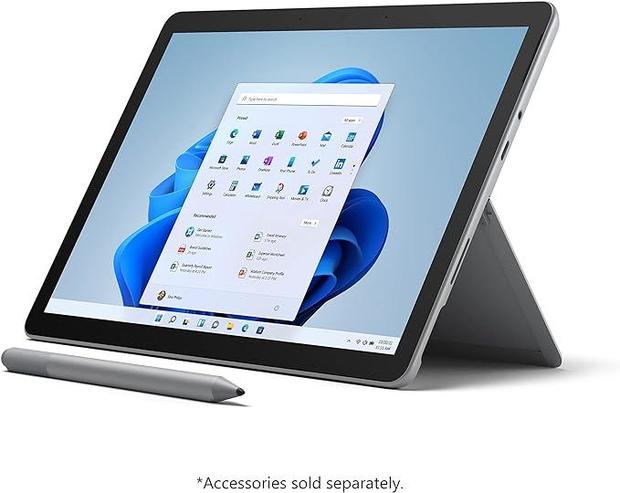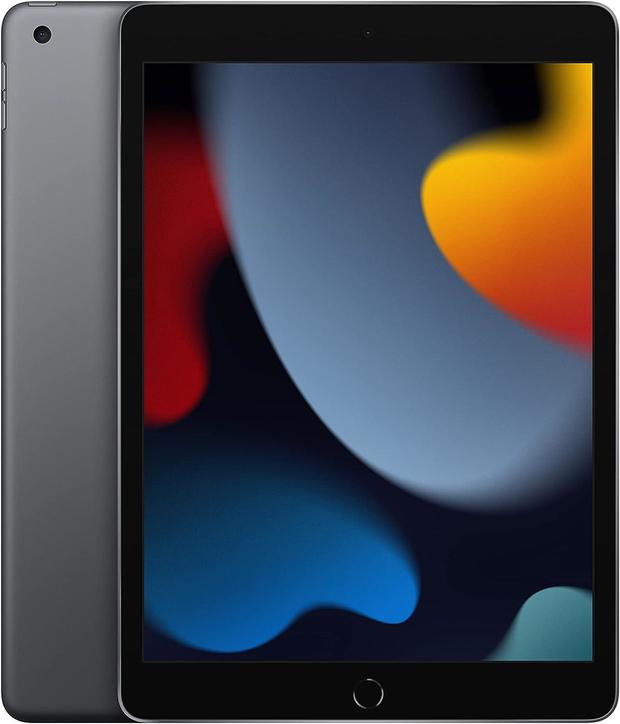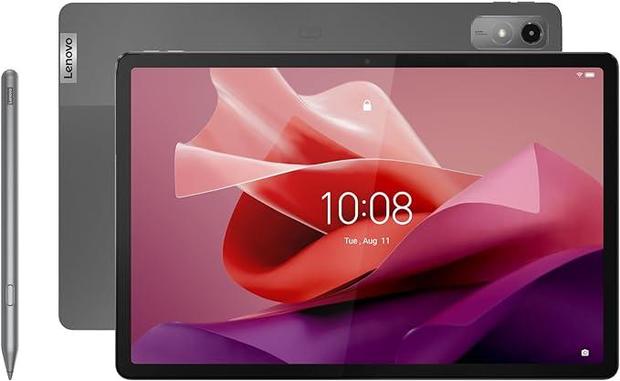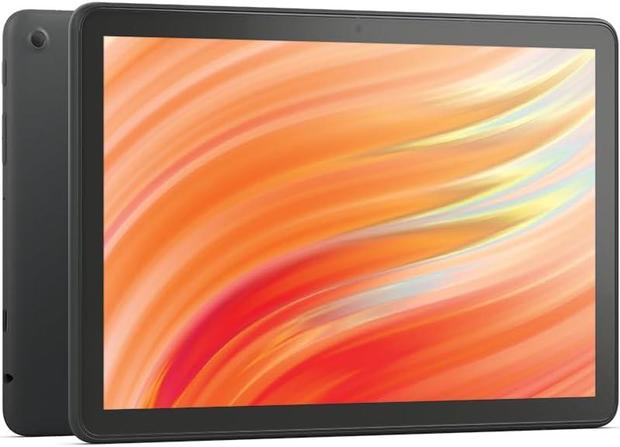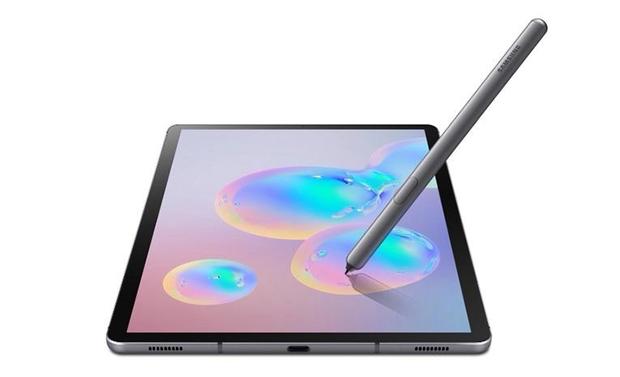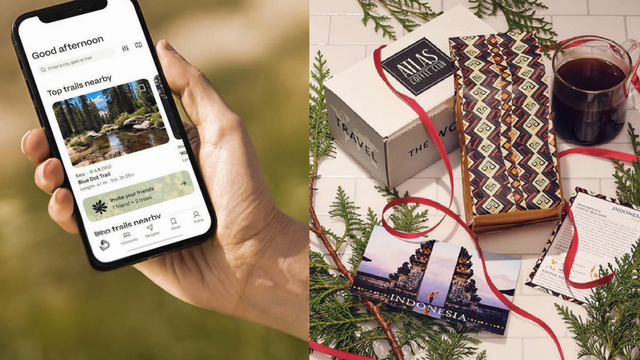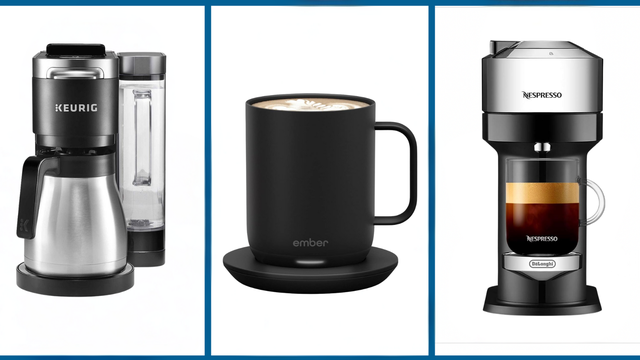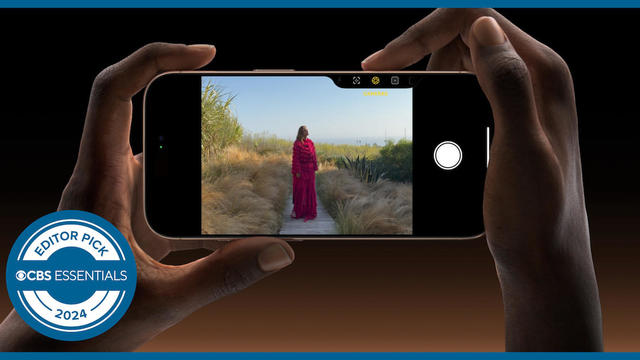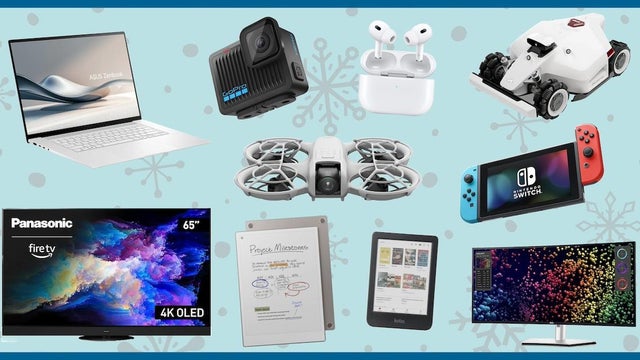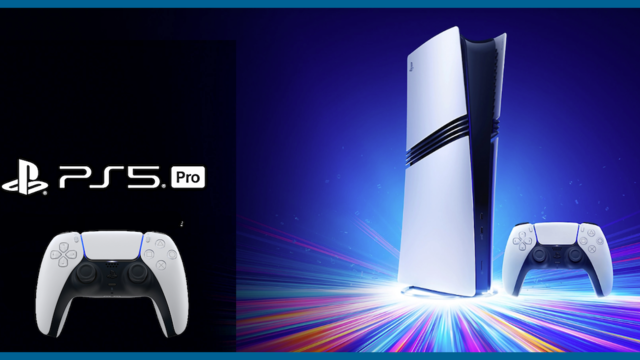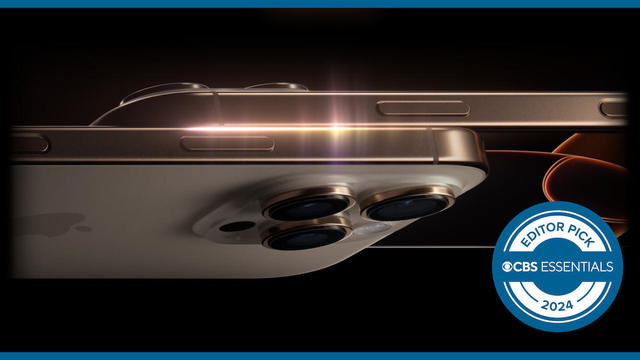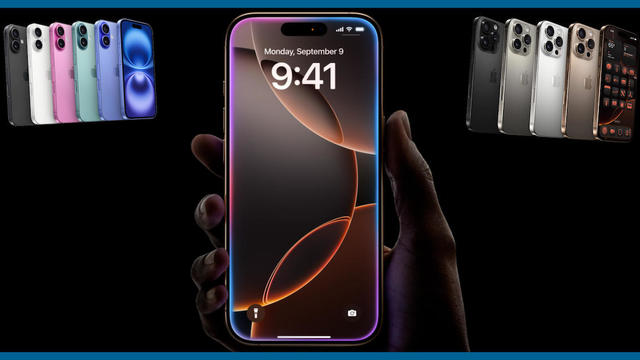The best budget tablets under $300 are affordable workhorses you can take anywhere
If you're in the market for a tablet that can handle your daily needs without breaking the bank, there are several great, affordable options under $300. High-end tablets, like iPads, can cost upwards of $1,500 if you're looking to get all the bells and whistles. But budget-friendly tablets are more than capable of tackling common tasks like browsing the internet, shopping, reading emails and watching shows and movies.
To help you track down a budget-priced option, we've chosen five outstanding tablets that offer the perfect balance between affordability and functionality. Though these budget-conscious devices may not have every single feature found in their more expensive counterparts, they're more than equipped to handle all your everyday needs. In some cases, they're nearly as capable as laptop computers.
While some compromises are inevitable when buying a lower-priced tablet, these devices prove that you don't have to sacrifice functionality to save some money. Whether you're a student, a professional or someone looking for a reliable and portable device for everyday use, you can't go wrong with these picks for less.
Best budget tablets of 2024
- Best budget tablet overall: Microsoft Surface Go 2
- Best budget Apple iPad: Apple iPad (9th Generation)
- Best budget Android tablet: Lenovo Tab P12
- Best budget Amazon Fire tablet: Amazon Fire HD 10
- Best budget Samsung Galaxy Tab tablet: Samsung Galaxy Tab S6 Lite
Best budget tablet overall: Microsoft Surface Go 2
This Microsoft tablet offers a 10.5-inch touchscreen and runs using an Intel processor. What we love is that it seamlessly runs Windows, so if you're already a Windows PC user, the learning curve for this tablet is minimal. Plus, thanks to Microsoft OneDrive, all of your data, documents, files, photos and app-specific content will automatically sync between your computer(s) and this tablet.
When you use the tablet with an optional stylus, you can handwrite or draw directly on the screen when using a compatible app. For example, you can easily annotate documents using Microsoft Word or any PDF file. When you connect the optional Signature Type Cover (keyboard), you'll be able to touch type a lot faster and with greater accuracy, compared to using the tablet's virtual keyboard. The Surface Go 2 comes with a nice selection of preinstalled apps.
This is not the most powerful of the Microsoft Surface Go tablets, but it can certainly handle your everyday computing tasks and keep everything you do within the Windows ecosystem.
Best budget Apple iPad: Apple iPad (9th Generation)
For iPhone and Mac users who are finally ready for their first tablet, the Apple iPad (9th Generation) is the perfect starter iPad. It's affordably priced, runs the latest version of Apple's powerful iPadOS 17 (or later) operating system and comes preinstalled with the same collection of apps as all other iPad models. You also get easy access to the App Store, where you'll discover more than 1.8 million iPad-specific apps.
You can choose between 64GB or 256GB of internal storage. Since this is not upgradable later, we highly recommend spending a bit more for the 256GB version if your budget allows. If you want to be able to handwrite or draw on the screen, as well as annotate documents, you'll want the optional Apple Pencil (1st Generation) stylus. The tablet can also be connected to an optional portable keyboard, which doubles as a protective cover for the iPad's display during transport.
Like all iPad models, this one works seamlessly with Apple iCloud, so all of your apps, documents, files and photos will automatically sync between your iPad, iPhone, Apple Watch (when applicable), iMac and MacBook. The iPad (9th Generation) can handle everyday computing tasks right out of the box. It's also a great device for streaming TV shows and movies, streaming audio (including music, podcasts and audiobooks) and playing games. This iPad also works with all of Apple's online-based services, including Apple Music, AppleTV+, Apple Fitness+, Apple Arcade and Apple News+.
Video calling is easy thanks to the front-facing screen, especially if you use FaceTime. Again this is the least expensive and least powerful iPad currently available. If you're seeking a tablet for a high school or college student, or someone who will need slightly more computing power at their fingertips, we recommend the iPad (10th Generation) or one of the 2024 iPad Air or 2024 iPad Pro models.
Best budget Android tablet: Lenovo Tab P12
While this is not the least expensive Android tablet on the market, we like the Lenovo Tab P12 because it offers really good value and versatile functionality. It runs Android 13 and provides up to 10 hours of battery life. You can get up to 256GB of internal storage, but can upgrade the storage anytime using an optional microSD memory card.
The 12.7-inch display is a great size for reading e-books, streaming video content, viewing and editing photos, web surfing and managing email. This tablet comes with a stylus, so when using a compatible app, you can handwrite or draw directly on the screen.
As an Android tablet, it comes preinstalled with a wide range of Google apps and access to popular Google cloud services. Plus, you get access to the Google Play Store, so customizing the tablet with apps is quick and easy. Syncing data with your other Android, Windows or MacOS computers or mobile devices is also a straightforward process.
Best budget Amazon Fire (Android) tablet: Amazon Fire HD 10
While Amazon is known for offering its inexpensive, yet highly functional Fire tablets specifically for kids, the company also offers similar entry-level technology bundled into its Amazon Fire tablets designed for everyone. These are highly functional devices that can handle everyday tasks with ease. However, display resolution, processing speed and internal storage are definitely on the low end.
The Fire HD 10 is a versatile tablet that runs a proprietary version of Android. This means that the Android apps it runs must come from Amazon's own App Store, as opposed to the Google Play Store. However, you will find all of the most commonly used apps for things like popular streaming services and productivity either preinstalled or readily available.
Fire tablets, including the Fire HD 10, work seamlessly with all Amazon-related services -- from online shopping to Audible (for audiobooks), Kindle (for e-books) and Luna (for cloud gaming). The Fire HD 10 also offers up to a 13-hour battery life, a microSD memory card slot for increasing storage capacity and a front-facing camera for video calling and participating in virtual conferences.
The Fire HD 10 works with the Alexa digital assistant and can be used to control all other Alexa-compatible smart gear. Upgrades made to this version of the tablet (compared to the previous version) include 25% faster performance and a higher-resolution front-facing camera (now 5MP, compared to 2MP). This version of the tablet is also 1.06 ounces lighter. A variety of accessories, including a stylus, keyboard, covers and cases are sold separately.
Best budget Samsung Galaxy Tab tablet: Samsung Galaxy Tab S6 Lite
Hands down, the most powerful and versatile Android-based tablet available is the Samsung Galaxy Tab S9 Ultra. It offers everything a power user could want from a tablet, but it comes with a starting price of $1,050. However, if you want a much less expensive Android-based tablet that still offers the quality and versatility that Samsung is known for, we suggest checking out this entry-level Galaxy Tab S6 Lite.
The 2022 version of this tablet offers a 10.4-inch touchscreen, runs Android 12 and functions for up to 15 hours per battery charge. It's highly customizable using apps from the Google Play Store, plus it comes with a Samsung S Pen stylus. So, based on the technology that the Galaxy Tab S6 Lite includes, it offers a really good overall value. Even if you choose the version that comes with just 64GB of internal storage, at any time later, it's easy to upgrade the storage using an optional microSD memory card (with up to 1TB capacity).
In addition to having two built-in speakers and the ability to pair wireless headphones or earbuds using Bluetooth, the Galaxy Tab S6 Lite comes with a 3.5mm headphone jack. The size and weight of this tablet make it comfortable to hold for extended periods while reading an e-book or surfing the web. For the average user, we think the Galaxy Tab S6 Lite is a really good, entry-level Android tablet.
How to pick the best tablet on a budget
Any tablet you purchase in the sub-$300 price range is typically going to have a basic LCD touchscreen with lower resolution, less storage and a slower processor compared to the latest tablets. Here are 10 important things to consider before making your purchase.
- Operating system: Whether you choose an Android or iPadOS tablet, make sure the model you choose can run the latest version of the operating system and that the manufacturer will continue to support future OS updates over the next several years.
- Display size and type: The size of the display dictates the amount of on-screen real estate that's available to showcase the applications you're running, while the type of display and its resolution has an impact on the level of detail, color vibrancy and color accuracy you'll see.
- Display resolution: This is measured in pixels. The higher a display's resolution, the more detail you'll see on the screen. If a tablet offers a 1,920 x 1,280-pixel resolution, this means that 2,457,600 individual pixels make up the entire screen.
- Display refresh rate: This is a measurement of how many times per second the display can draw a new image. It's measured in Hertz (Hz). The higher the refresh rate, the smoother high-action content displayed on the screen (such as video or animated graphics) will appear.
- Processor: A tablet's processor is its brain. The faster and more powerful the processor, the better performance you'll get out of the tablet.
- Internal storage options: At the time of purchase, most tablet manufacturers allow you to choose between several storage options, such as 64GB, 128GB, 256GB, 512GB or 1TB. The more storage a tablet has, the more data, documents, applications, photos and files it will be able to store internally.
- microSD memory card expandability: Most (but not all) Android tablets have a microSD slot. This allows you to insert an optional microSD memory card (usually with up to a 1TB capacity) to expand the tablet's internal storage at any time. Optional microSD memory cards are sold separately. One with a 128GB capacity will cost around $20, while one with a 1TB capacity will cost around $100. You'll want an extra-large amount of storage space if you plan to store a bunch of movies or high-resolution videos. Keep in mind that none of the Apple iPads have a microSD memory card slot. Apple tablets are not upgradable after purchase.
- Size: The size of the overall tablet is directly impacted by the size of its touchscreen display. Ideally, you want a tablet with a large and bright display that'll meet your personal preferences and needs. Pay attention to the overall dimensions of the tablet, including its thickness.
- Weight: The best tablets are both very thin and lightweight, which makes them easy and comfortable to hold in your hands for extended periods. If you don't plan on holding the tablet while it's in use, you'll likely need to invest in an optional stand.
- What's included: Some tablets come with just a charging cable, while others include a case/cover and/or pen-shaped stylus. Most offer a variety of accessories that are sold separately. We recommend a pair of headphones or earbuds that offer noise cancellation and support for spatial audio.
Are tablets under $300 worth it?
The quick answer is yes, they're great for handling basic tasks. This includes surfing the web, shopping online, accessing social media services, streaming audio, streaming video, participating in video calls, playing online or app-based games, reading e-books, or serving as a feature-packed productivity, scheduling and communications tool.
The difference between an entry-level tablet that costs less than $300 and one that has a starting price of $1,000 or more is its hardware. More expensive tablets use a more powerful processor, have more internal storage, have a better-quality and higher-resolution touchscreen and offer other higher-end features, like better internal cameras and speakers.
Any tablet that runs a specific version of Android will have the same core capabilities as any other tablet running the same version. This includes access to the same apps. The same is true for iPads. The entry-level iPad runs the same version of iPadOS and the same collection of apps as the most advanced iPad Pro models. But how these apps look and how fast they perform on the lower-end tablets, however, will vary greatly.

